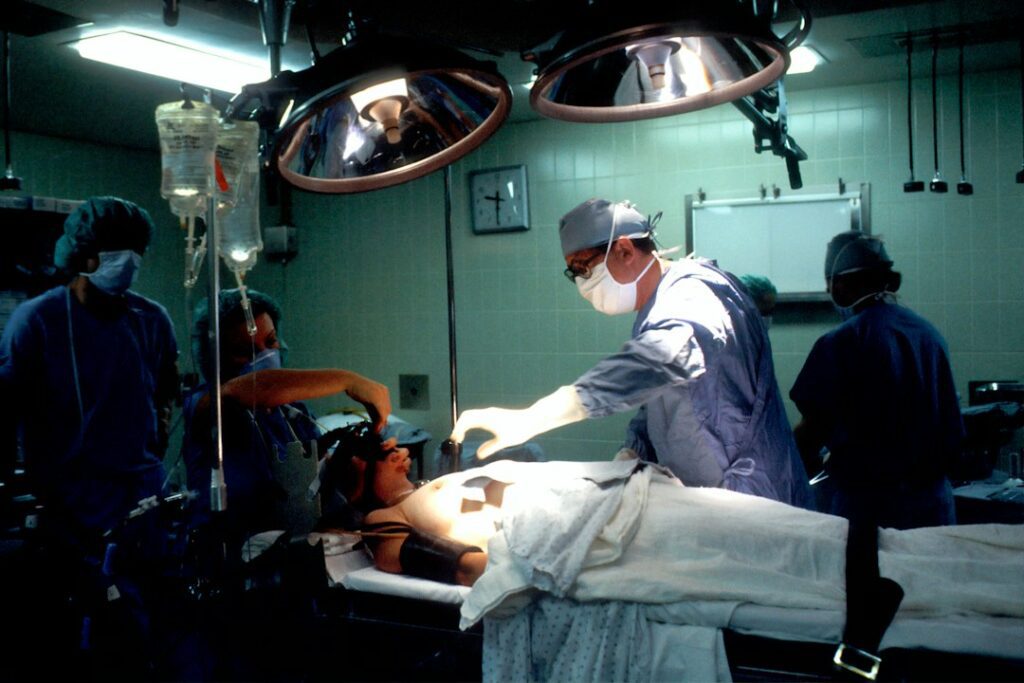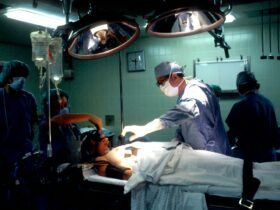Everything You Need to Know About Passing Gas After Surgery
Recovering from surgery can be a challenging process, and dealing with the side effects, such as gas and bloating, can add to the discomfort. But fear not! In this comprehensive guide, we’ll explore why this occurs, how to manage it, and provide tips for a smoother recovery.
Understanding the Importance of Passing Gas After Surgery
Surprising Statistics
Did you know that postoperative ileus, a condition that affects the normal functioning of the intestines and can lead to difficulty passing gas, occurs in approximately 10-15% of all surgical patients? This can result in bloating, discomfort, and prolonged hospital stays. It’s crucial to address this issue to ensure a speedier recovery.
Why Gas Can Build Up After Surgery
During surgery, the body’s normal functions may slow down, including the movement of the bowels. This can lead to a buildup of gas in the intestines, causing discomfort and bloating. Additionally, factors such as anesthesia, pain medications, and changes in diet can contribute to this issue.
Tips for Passing Gas After Surgery
Movement and Activity
Engaging in light physical activity, such as walking, can help stimulate the intestines and encourage the movement of gas. Gradually increasing activity levels, as advised by your healthcare provider, can aid in relieving gas buildup.
Proper Positioning
Certain positions, such as lying on your left side, can help facilitate the passage of gas. Taking deep breaths and gently massaging the abdomen can also provide relief.
Diet Modifications
Adjusting your diet to include foods that are gentle on the digestive system, such as soups, broths, and easily digestible fruits and vegetables, can help ease gas and bloating. Additionally, staying hydrated is essential for maintaining healthy digestion.
How to Apply These Tips in Your Daily Life
Make Physical Activity a Priority
Incorporate regular walks into your daily routine, gradually increasing the duration and intensity as you regain strength. Even short walks around your home or neighborhood can make a significant difference.
Mindful Positioning
When resting or lying down, experiment with different positions to find what feels most comfortable for your body. Lying on your left side, propping yourself up with pillows, or using a recliner chair can all offer relief.
Choose Foods Wisely
Opt for easily digestible and low-gas-producing foods, such as lean proteins, cooked vegetables, and whole grains. Be mindful of any foods that may cause discomfort and make adjustments accordingly.
In Summary
Passing gas after surgery is a common yet often uncomfortable aspect of the recovery process. By understanding the underlying factors, making simple lifestyle adjustments, and seeking guidance from healthcare professionals, you can effectively manage and alleviate gas buildup, promoting a smoother and more comfortable recovery journey.












